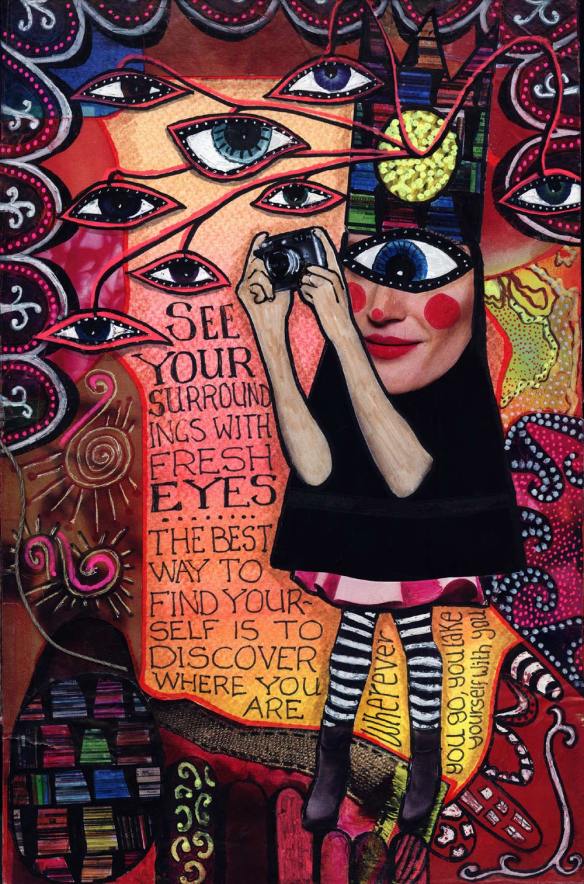It has been a year of positive changes as regards my work. I have worked four consecutive years with Patsy and this 2015 I had two different co-workers! So I believe my
strenghts of the year have been the posibility to adapt to these changes and continue with the hard work.

I strongly believe that making "good plans" doesn't mean
starting over every year from scratch or eliminating everything. Although we
always updated and modified plans/activities/projects with Patsy I feel this year we changed and included many new things for example lots of videos for Project ,
all the Final Tasks of the projects were new (kids made digital productions) and the project on National Parks that popped up thanks to the hangout connection.
As regards my weaknesses, I think that I could mention the fact that we didn´t finish the last two books for the Home Reading Programme so my goal for next year concerning this issue is to be more consistent until the end.
Other goals:
- Include more videos to the different projects and to the Phonology Routine (I hope we all have a projector in our classrooms in 2016)
- Create a new project on The Olympics to work on Geography (Brazil), Vocabulary on Sports, History (Ancient Olympics)
- Add more Listening and Grammar practice in the Booklet
- Create more instances of self-assessment and reflections in the class.



